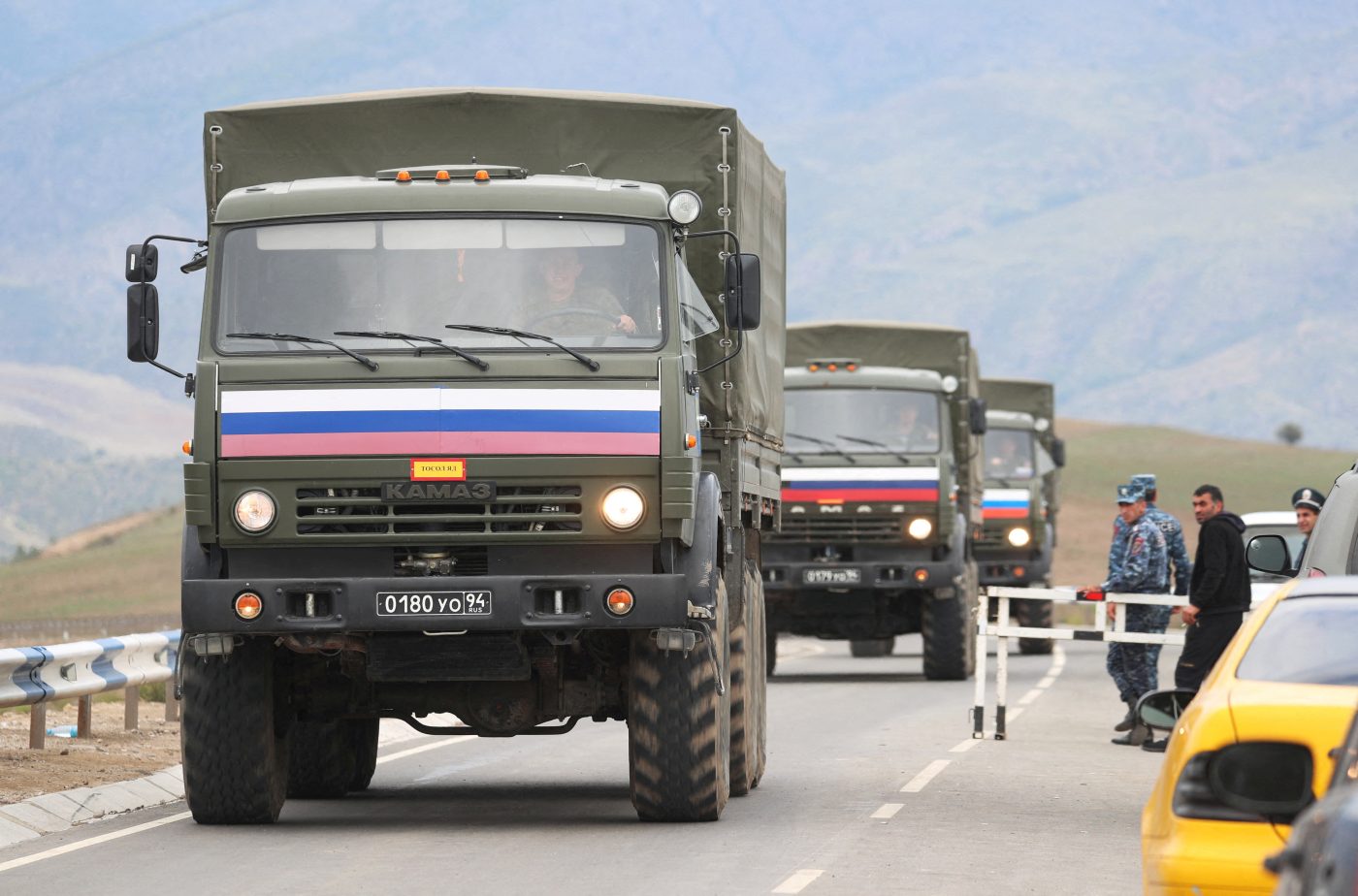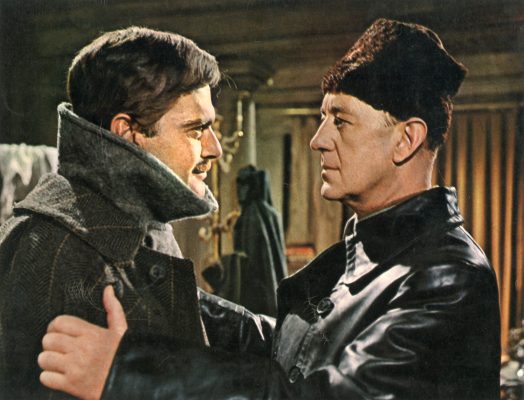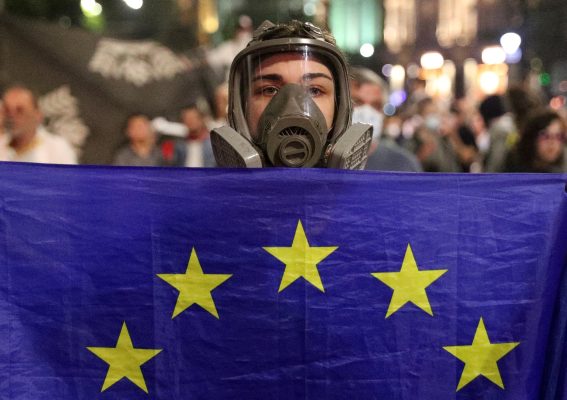Azerbaijan’s lightning so-called “counter-terrorism operation” to disarm Armenians in the disputed territory of Nagorno-Karabakh was a resounding success. Starting on September 19, the operation was finished in little more than a day. The consequences will last far longer.
The Armenian-populated self-proclaimed republic of Artsakh and its armed forces are finished. Weaponry is being handed over to the victorious Azeris. Armenia itself, and Russian peacekeepers, offered little resistance — though the fighting claimed the life of a senior Russian officer.
The fighting represents a final chapter to the war of 2020, when 5,000 troops on both sides were killed. It may also mark the end of a 2 ,000 year Armenian presence in the area. Reports say Armenians are now streaming out of Nagorno-Karabakh and into Armenia proper, with around 5,000 already estimated to have departed.
This end of Artsakh has unfolded in slow motion since Azerbaijan’s decisive military victory over Armenia in 2020, followed by its success in bending Russian peacekeepers to its will in 2022, and a nine-month Azeri siege that left the 120,000-strong Armenian community in a terrible condition; short of food and medicine.
The Kremlin has treaty commitments to protect Armenia — in both the Collective Security Treaty Organization, CSTO, and through the bilateral defense treaty which was updated in 2010 to guarantee Armenia’s territorial integrity.
Those counted for nothing as Russia indicated it had neither the will nor the capacity to intervene. Instead, it issued critiques of the independent-minded Armenian leadership and its affiliations with Western nations. The takeaway is unambiguous: Russia expects total subservience in exchange for an alliance. Even then, its supposed allies receive nothing in return beyond the possibility of help.
Azerbaijan’s aggression stemmed directly from Russia’s revealed weakness in Ukraine. Last year, it tested the Kremlin’s resolve by demanding the removal of Russian peacekeepers from a key corridor, and found it wanting. The siege began soon after.
Russia’s passive stance soured its relationship with Yerevan, prompting Armenian Prime Minister Nikol Pashinyan to call for the United Nations to replace Russian peacekeepers and to cancel joint military drills with its CSTO treaty allies. The relationship hit a nadir when Armenia invited the US to join military exercises, and Pashinyan stated that reliance on Russia had been a mistake. Russian Foreign Minister Sergey Lavrov — himself of Armenian descent — was outraged by such insolence. Azerbaijan’s military operations commenced a week later.
Yet, the chain of events is an embarrassment for Russia on multiple levels: the failure to protect a treaty-bound ally and the failure to head off what many had anticipated. A manual sent by the presidential administration to state news agencies and obtained by the independent news outlet, Meduza, revealed a hastily prepared narrative aimed at framing Armenia’s defeats as a setback for the West rather than a Russian diplomatic failure.
RT chief editor Margarita Simonyan — also an ethnic Armenian — asserted that Pashinyan “sold his own people for a meager pension,” while TV host Vladimir Solovyov sarcastically asked, “Did the Americans help you?” Meanwhile, Lavrov held the West responsible for “destabilizing the South Caucasus.” A rambling statement from Foreign Ministry spokesperson Maria Zakharova amounted to, “Not our fault, not our problem.”
The Kremlin and its propagandists can of course make any claim they like, but whether it convinces anyone is another matter.
Kyrgyzstan and Kazakhstan, also CSTO members, have interpreted the conflict through the lens of a Turkic triumph over their foes — cold comfort for Russia. Kyrgyzstan certainly still recalls last year’s border clashes with Tajikistan and the ensuing Russian inaction.
Armenia’s decision to lessen its reliance on Russian security now seems more likely to be imitated, regardless of the Kremlin’s spin.
Ben Dubow is a Nonresident Fellow at CEPA and the founder of Omelas, which tracks authoritarian influence online.
Europe’s Edge is CEPA’s online journal covering critical topics on the foreign policy docket across Europe and North America. All opinions are those of the author and do not necessarily represent the position or views of the institutions they represent or the Center for European Policy Analysis.
Footnotes
bow





